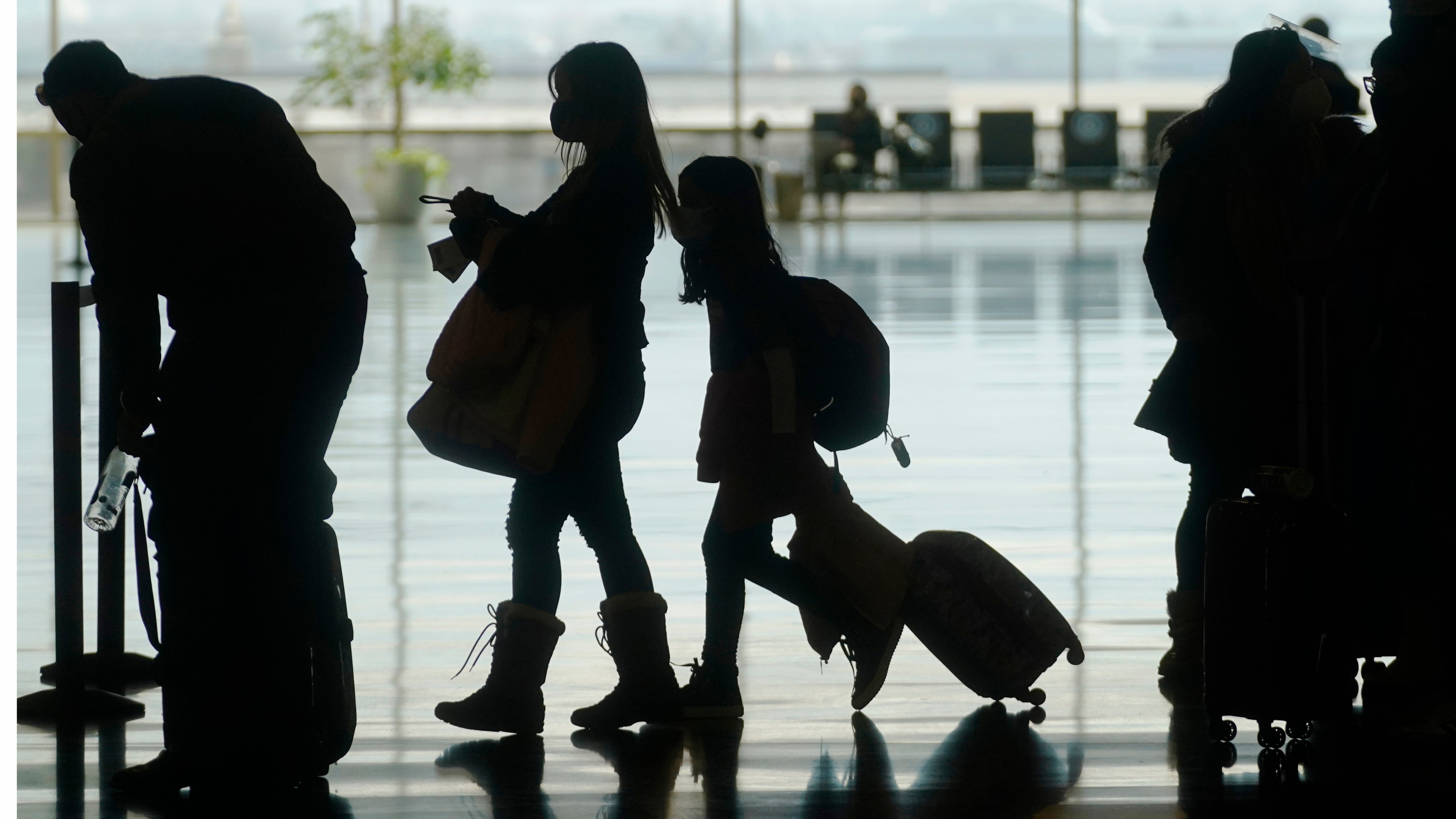The Independent’s travel expert Simon Calder issues advice ahead of the country ‘green list’ release
The new “traffic light” system has triggered many questions, and our travel correspondent, Simon Calder gave his answers to some of your questions during a Clubhouse event hosted by The Independent


Your support helps us to tell the story
From reproductive rights to climate change to Big Tech, The Independent is on the ground when the story is developing. Whether it's investigating the financials of Elon Musk's pro-Trump PAC or producing our latest documentary, 'The A Word', which shines a light on the American women fighting for reproductive rights, we know how important it is to parse out the facts from the messaging.
At such a critical moment in US history, we need reporters on the ground. Your donation allows us to keep sending journalists to speak to both sides of the story.
The Independent is trusted by Americans across the entire political spectrum. And unlike many other quality news outlets, we choose not to lock Americans out of our reporting and analysis with paywalls. We believe quality journalism should be available to everyone, paid for by those who can afford it.
Your support makes all the difference.The UK government is expected to reveal its “green list” of countries from which returning travellers need not quarantine.
The move means that when international leisure travel is permitted once again from 17 May, some people will be able to return to the UK without needing to self-isolate.
The new “traffic light” system has triggered many questions, and The Independent’s managing director, Christian Broughton, put some of them to the travel correspondent, Simon Calder.
Since the third lockdown began four months ago, international travel for non-essential purposes has been illegal. Anyone coming into England from one of 40 “red list” countries is obliged to go into 11 nights of hotel quarantine. And from anywhere else abroad – apart from Ireland – arriving travellers must self-isolate at home.
The ban on overseas travel will end on 17 May. Ten days ahead of that, the transport secretary, Grant Shapps, is expected to reveal the new “traffic light system”. Countries and, in some cases, individual islands, will be rated as red, amber or green. Only people coming in from green list countries escape self-isolation, though they must pay £100 or more for pre-departure and post-arrival tests.
Green status is simply about highs and lows.
These should be as low as possible: coronavirus infection rates; “variants of concern”; and passengers connecting through key hubs.
Listen to the event hosted live on Clubhouse below
And these should be as high as possible: vaccine roll-out; reliability of data; genomic sequencing capability.
Red status will continue to apply to locations where there are fears of new variants spreading to the UK, and amber goes for everyone else.
Speculation is mounting about which countries will qualify as green in the initial announcement. Gibraltar, Iceland and Israel are the odd-on favourites, with Malta, Portugal, Finland and Norway possible. A scattering of Greek or Spanish islands is also feasible.
But just because a country is on the green list doesn’t necessarily mean you can get there.
Past experience suggests a dozen or more countries and territories will be given green status even though they won’t let British visitors in (Australia, New Zealand) or are impossible to reach without passing through amber or red locations, such as San Marino, landlocked by Italy, and far-flung British Overseas Territories. They should probably be in a separate grey category.
To sign up to Simon Calder’s free weekly travel newsletter click here
Simon Calder advises not to commit based purely on this speculation. And before you do, check the rules on the other side. Gibraltar, Israel and Portugal at present say “no overseas holidaymakers, while Iceland says ”We’re open – but only if you’ve been vaccinated twice”.
International travel will initially for the bold and the desperate, withy high levels of hassle, cost, and uncertainty. There are all kinds of tricky questions, such as what happens if your Covid test before your flight home is positive, or your “green” country suddenly turns red or amber? And remember vaccination means nothing for coming back to the UK.



Join our commenting forum
Join thought-provoking conversations, follow other Independent readers and see their replies
Comments